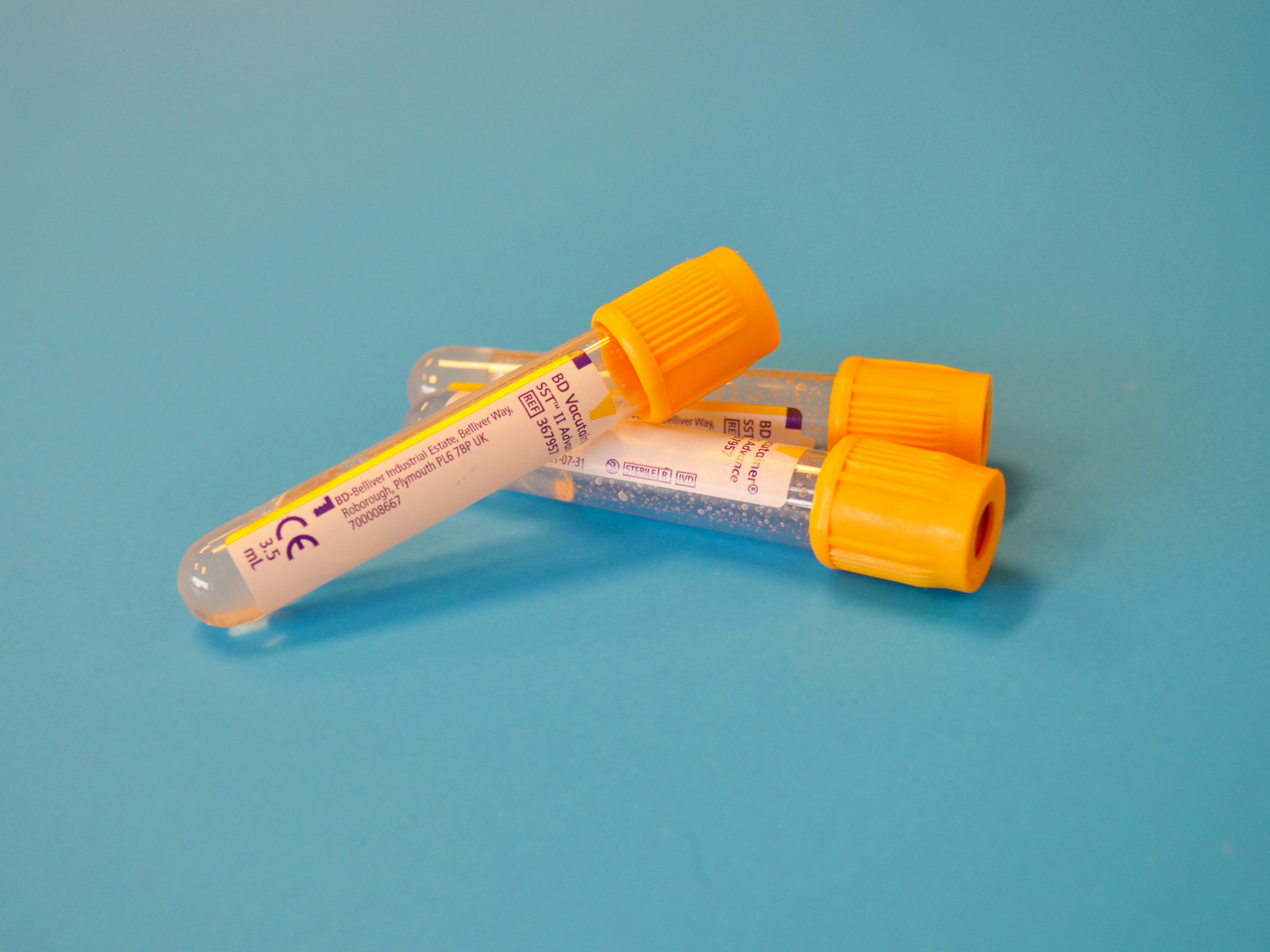The hormonal shifts that occur during menopause can contribute to unfavorable changes in cholesterol levels. Factors like decreased estrogen production, dietary habits, physical activity, and body weight can all influence a woman's cholesterol profile during this time.
Strategies for Maintaining Healthy Cholesterol
- Adopt a Heart-Healthy Diet: Focus on incorporating soluble fibre-rich foods like oats, beans, lentils, and berries, which can help lower LDL cholesterol. Emphasize plant-based proteins, whole grains, and healthy fats, while limiting saturated and trans fats.
- Engage in Regular Physical Activity: Regular exercise, such as brisk walking, swimming, or strength training, can help raise HDL cholesterol and improve overall cardiovascular health.
- Manage Stress and Maintain a Healthy Weight: Stress and excess weight can contribute to unfavourable cholesterol changes. Implement stress management techniques and strive for a healthy body weight.
- Discuss Cholesterol-Lowering Medications: If diet and lifestyle modifications are not enough, work closely with your healthcare provider to determine if cholesterol-lowering medications may be appropriate.
Monitoring Cholesterol Levels
Regularly monitoring cholesterol levels through blood tests is essential during the menopausal transition. By tracking trends and working closely with your healthcare provider, you can make informed decisions about the best strategies to manage your cholesterol and overall heart health.
Proactively managing cholesterol changes during menopause is crucial for maintaining cardiovascular wellbeing. By adopting a heart-healthy lifestyle, monitoring cholesterol levels, and collaborating with your healthcare provider, you can take control of your cholesterol and reduce the risk of heart disease.
Are you looking for heart health support during your menopause transition? Let's Chat.










